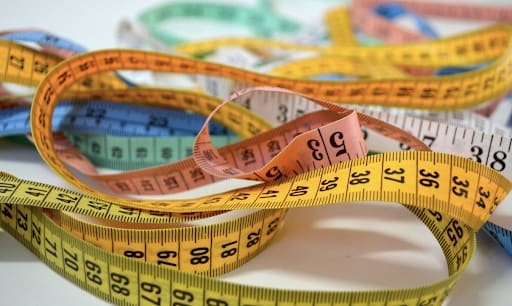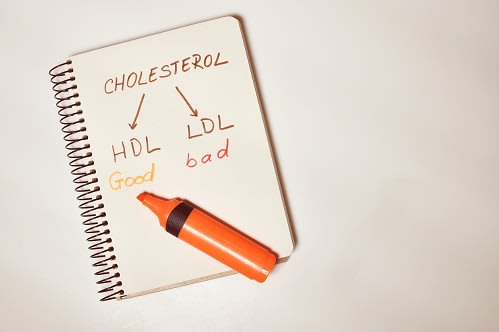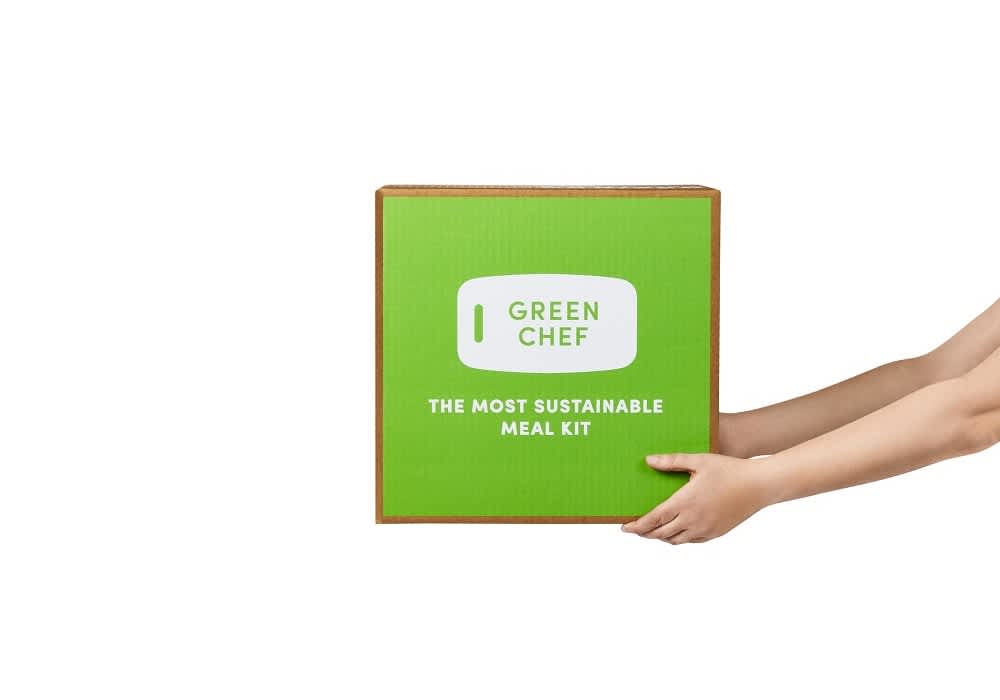
Paleo Dieting 101: The Health Benefits of the Paleo Diet
Paleo Dieting 101: The Health Benefits of the Paleo Diet
What Are the Health Benefits of a Paleo Diet?
First Let’s Answer This: What Is the Paleo Diet and Is It Healthy for You?
The basic premise of the paleo diet is that we’re better off eating what our ancient ancestors ate thousands of years ago. The paleo diet is built on the belief that many of the health problems that plague us today are brought about by overly processed foods that are hard to digest and/or nutritionally lacking. According to this philosophy, eating unprocessed, whole foods like our hunter-gatherer predecessors did will help us lose weight, lower cholesterol, promote general health, and more.
So, what does that look like on your plate? The major building blocks of the paleo diet are fruits and vegetables followed by unprocessed meat and fish, preferably grass-fed and organic. Eggs, nuts, seeds, and healthy fats are also important ingredients. You'll have to avoid processed foods, grains (including flour and all flour byproducts like bread and pasta), legumes, and sugar. What’s more, the paleo lifestyle places a strong emphasis on eating local, seasonal food and being physically active.
So, yes. A paleo diet is healthy since it ups your intake of nutritious foods and lowers your consumption of processed foods.
Potential Health Benefits of the Paleo Diet





